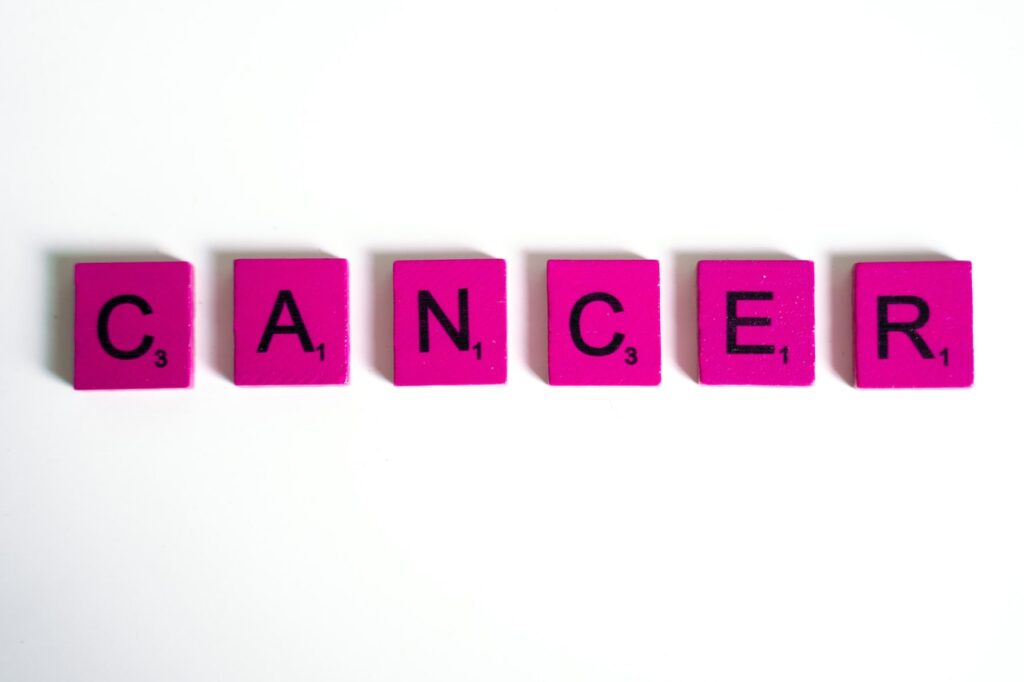 As we imagine our life, we need to picture both the ups and downs. After all, it can be unrealistic to think that you’ll always have it good. However, even when we think of the downsides, we don’t imagine coming face to face with something like a cancer diagnosis. Having your doctor give you your diagnosis can seem like a life-changing moment. No matter what your prognosis is, there’s a lot of fear attached to this moment, and rightfully so. Cancer is thus just as much about your mental health and resilience as your physical health. As you go down this road, you can encounter immense psychological changes, which can, at times, be overwhelming. If you’re scared about what’s ahead, keep reading below for the most common psychological changes cancer patients encounter.
As we imagine our life, we need to picture both the ups and downs. After all, it can be unrealistic to think that you’ll always have it good. However, even when we think of the downsides, we don’t imagine coming face to face with something like a cancer diagnosis. Having your doctor give you your diagnosis can seem like a life-changing moment. No matter what your prognosis is, there’s a lot of fear attached to this moment, and rightfully so. Cancer is thus just as much about your mental health and resilience as your physical health. As you go down this road, you can encounter immense psychological changes, which can, at times, be overwhelming. If you’re scared about what’s ahead, keep reading below for the most common psychological changes cancer patients encounter.
Anxiety
Anxiety is easily one of the most common psychological responses to expect when encountering a cancer diagnosis. The main cause is the immense uncertainty that comes with the diagnosis. You don’t know how much your life will change, what your chances are for recovery, and how much your health can deteriorate. Additionally, you might also stress about your present and future financial situation.
Finding out more about your condition through a doctor or a trusted medical source can be an excellent way to dissipate some anxiety. As you learn more, you can have a clearer picture of what to expect. If you’re suffering from a rare form of cancer, such as mesothelioma, heading to a trusted resource can help you deal with your anxiety. When you find resources, you can figure out what mesothelioma is, what causes it, the stages and the prognosis and prepare for what’s up ahead.
Depression
One of the most common psychological changes in anyone suffering from cancer can be depression. Cancer is an oft-fatal disease that sometimes baffles even the most skilled healthcare practitioners and researchers. Even when it isn’t fatal, it can bring lasting life changes and turn patients’ lives upside down. So, it’s understandable to see why depression can be such a common response in cancer patients.
However, when you’re struggling with depression, you might make your recovery much harder. Feelings of hopelessness often accompany depression, making it hard to fight back against the disease mentally. If you think your depression is getting out of hand, speaking to a professional can be quite helpful. A professional can give you tailored solutions to your problems and is fully equipped to handle anything you have to say. Managing depression while going through cancer treatment is vital as it can hamper your chances of recovery too.
Anger
Anger is another typical psychological change that cancer patients can normally encounter. Given all the terror surrounding the topic, it’s natural for cancer patients to feel as if they’ve entered the final chapter of their lives. No matter what age you get diagnosed at, it can feel as if this diagnosis has the potential to cut your life short and keep you from doing all the things you planned to do.
Your anger and negativity can be directed towards yourself, your healthy friends and family members, and even at God if you’re religious. What lies beneath all this anger, however, is fear. No matter your prognosis, you can still make your life worthwhile by coming face to face with your fears. Addressing how you feel can be instrumental in dealing with this negativity and can help you shape your life positively. In this period, it is more important than ever to stay positive so you can make the most of your time with your loved ones.
Hope
It doesn’t always have to be so bleak when it comes to cancer. Even though it is still a dangerous disease, medicine has come a long way, especially in the last few years. It has made it possible for cancer patients to have hope. So, a cancer diagnosis doesn’t mean your life is over. Once patients overcome their fears and anxiety, feelings of hope may replace those terrible notions.
Being hopeful requires support from family, friends and your doctor. You can discuss your options with your doctor and opt for many traditional and alternative treatments to help you overcome this disease. Many people have successfully defeated this disease and come out on top. In many cases, these people live normal, healthy, fulfilling lives and have learned immensely from this experience. So, even though things may seem hard right now, it doesn’t have to mean that you’re at the end of the road. Your resilience and hope can be among the most vital factors in ensuring a speedy recovery.
Conclusion
Going through something like dealing with cancer can seem like a long, arduous and terrifying journey. However, staying prepared, connecting with your loved ones, seeking help when needed, and staying hopeful can help you deal with negativity and stress. Experiencing all these negative emotions is normal and expected in such a situation, but with the right support, you can stay positive even in these trying times.